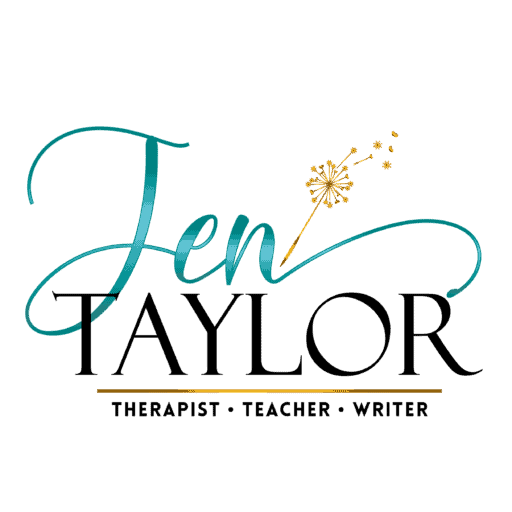1
NEED PLAY THERAPY TRAINING?
Explore the growing catalog of recorded play therapy webinars
from top play therapy trainers including
the creator of AutPlay Therapy: Dr. Robert Jason Grant,
Child Centered Play Therapy Master, Dr. Jodi Mullen,
the creator of FirstPlay Therapy: Dr. Janet Courtney,
Ad Astra Play Therapy's beloved trainer Ragan Snyder-Smith.
author of Attachment Centered Play Therapy- Dr. Clair Mellenthin
Tedx Speaker and international sandtray trainer, Tammi Van Hollander
and the neurodiversity-affirming team from the Treehouse in New Mexico, Katie Bassiri, Kelsie Bacon and Jenna Koors,
Adlerian Play Therapy Courses from Robyn Reyna
These recorded courses can meet the criteria for non-contact training for those working towards credentialing as a Registered Play Therapist, School-Based Registered Play Therapy or Registered Play Therapist- Supervisor or towards renewal of any of those credentials with the Association for Play Therapy (APT). Please contact APT directly if you have any questions about credentialing requirements or renewal.
All APT credits are provided by the instructor of the course and not Jen Taylor. Please see each individual course for specific information about APT credits available.
2
ALREADY PURCHASED A COURSE?
You can login to your course anytime from virtually anywhere!
Review your course as many times as you wish and access course handouts and downloads.
- 24/7 Access to Materials
- Automated Quiz Scoring
- Immediate Access to Your Certificates
- APT Non-Contact Credits (See Course for Specifics)
- Certifications in AutPlay and Somatic Storytelling
- Book Study Courses with Credit!
3
Looking for live training?
- 1LIVE WEBINARS: Live training, when available, can be found in this course catalog. Don't see what you are looking for? Let's plan something together!
4
CONtinuing education information
Association for Play Therapy
Play Therapy Credits, when available, are provided by the instructor of the course and not through Jen Taylor Play Therapy.
Information regarding the number and types of play therapy credits available are clearly listed in each course.
Each providers APT Number xx-xxx is in the course description and on your course certificate! Please note the Renewal Date for each APT Provider status. If you require APT credits for your course, please ensure that you have completed all course materials PRIOR to the Providers Renewal Date.

NBCC
Jennifer Taylor has been approved by NBCC as an Approved Continuing Education Provider, ACEP No. 6928. Programs that do not qualify for NBCC credit are clearly identified. Jennifer Taylor is solely responsible for all aspects of the programs.
*Note: Dr. Robert Jason Grant's play therapy courses are approved for NBCC credit through the AutPlay Therapy Clinic.
AutPlay Therapy Clinic has been approved by NBCC as an Approved Continuing Education Provider, ACEP No. 6595. Programs that do not qualify for NBCC credit are clearly identified. AutPlay Therapy Clinic is solely responsible for all aspects of the programs.

